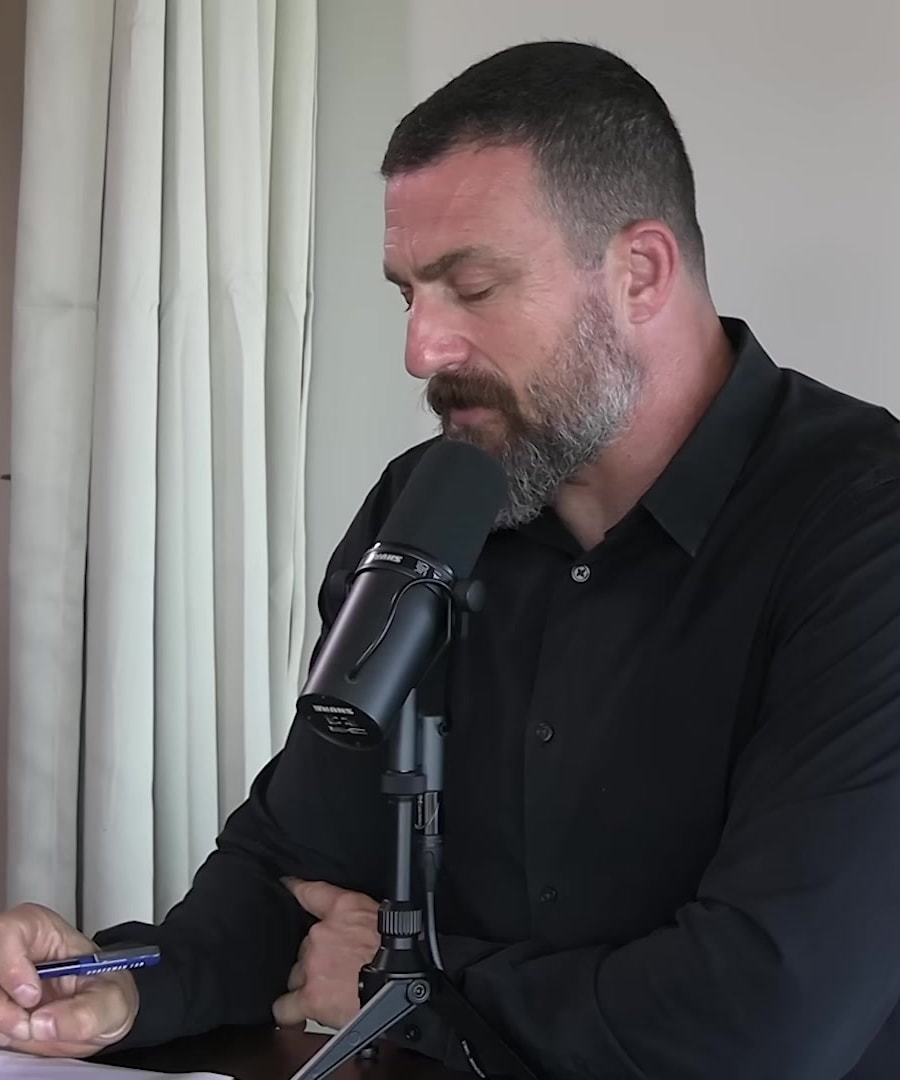I'm a 15-year-old boy, I'm 165cm tall and I weigh 72kg. I'm overweight. If I eat in a caloric deficit to lose fat, will I stunt my growth?
Sources:
Eating in a caloric deficit as an adolescent can have significant impacts on your growth and overall health. During puberty, your body undergoes critical changes that require adequate nutrition, including the proper intake of calories and essential nutrients. Caloric restriction during this time can lead to several negative effects. These include:
- Severe metabolic disorders: Not consuming enough calories can disrupt your normal metabolic processes.
- Decreased bone density: Insufficient calorie intake can lead to lower bone density, increasing the risk of fractures.
- Hormonal abnormalities: Caloric restriction can affect the normal hormonal changes that occur during puberty, potentially affecting growth and development[1].
Additionally, caloric restriction could potentially impact testosterone levels, which are crucial during male puberty for many developmental processes. While reducing excessive body fat can be beneficial for testosterone levels, caloric restriction in individuals who are not overweight may reduce testosterone levels[2].
It's important for anyone, especially adolescents, to follow a balanced diet that supports all bodily functions during growth periods. Consider consulting a healthcare provider or a nutritionist to discuss the best dietary approach suitable for your health and developmental needs.
RELATED QUESTIONSSummarize Healthy Eating & Eating Disorders - Anorexia, Bulimia, Binging | Huberman Lab Podcast #36
In "", various aspects of nutrition, eating disorders, and their physiological and psychological impacts are discussed. Here are the key points:
- Eating Disorders: The episode covers disorders such as anorexia, bulimia, and binge eating, discussing their causes, effects, and treatment options.
- Psychological Components: There's a focus on the psychological factors that contribute to eating disorders, including issues of control, self-perception, and societal pressures.
- Nutritional Advice: Advice on healthy eating habits is provided to help individuals maintain a balanced diet and avoid the pitfalls of restrictive or excessive eating.
- Treatment and Recovery: The episode outlines different treatment strategies for eating disorders, emphasizing the importance of professional help and support networks.
- Prevention Strategies: Preventative measures to avoid developing eating disorders are also discussed, such as fostering a positive body image and healthy relationship with food.
Overall, the episode aims to provide a comprehensive overview of eating disorders, combining scientific insights with practical advice on managing and overcoming these conditions.
RELATED QUESTIONSmy question hasnt been answered. will i stunt my growth?
The episode "" does not specifically address whether certain actions or conditions can stunt growth. However, it's generally understood in medical and nutritional science that severe eating disorders, like anorexia and bulimia, can potentially impact physical development, including growth, due to malnutrition and other physiological effects. If this is a concern, it's crucial to consult with healthcare professionals for comprehensive advice and potentially necessary interventions.
RELATED QUESTIONS
I'm a 15-year-old boy, I'm 165cm tall and I weigh 72kg. I'm overweight. If I eat in a caloric deficit to lose fat, will I stunt my growth?
- RELATED QUESTIONS
Summarize Healthy Eating & Eating Disorders - Anorexia, Bulimia, Binging | Huberman Lab Podcast #36
- RELATED QUESTIONS
my question hasnt been answered. will i stunt my growth?
- RELATED QUESTIONS

